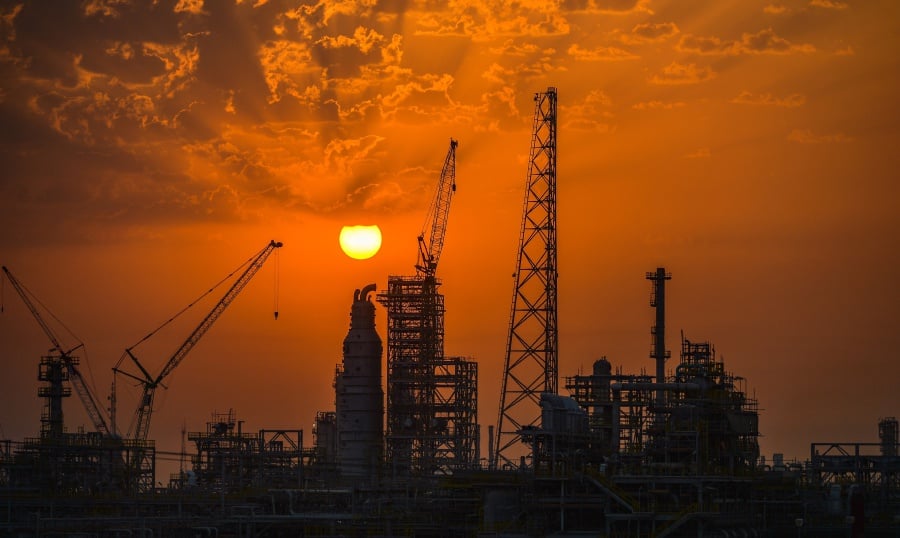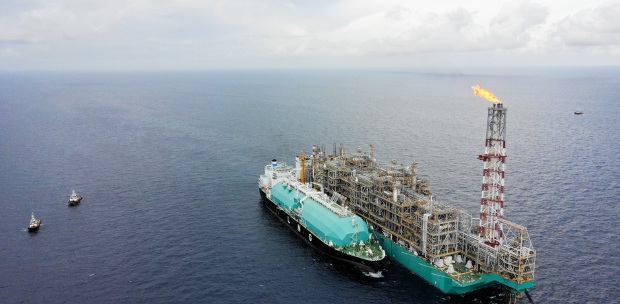FARAH ADILLA
KUALA LUMPUR: Experts from the financial services industry and people on the ground are split on where the oil and gas industry is actually heading, said MIDF Research oil and gas analyst Aaron Tan.
“People from FSI are optimistic on the stock price movement of oil and gas companies. (But) as far as MIDF is concerned, we are maintaining our view that the upstream segment of the oil and gas industry will syill face headwinds, while the downstream segment will continue to perform well, due to further pressure to oil price.
“Low oil price means low feedstock price and lower cost which translates into lower production costs,” he told NST Business last week.
Tan said beyond that optimism, industry giants such as Shell and Petroliam Nasional Bhd (Petronas) are still being under pressure to allocate their resources towards lower hanging fruits that can bring faster yield.
“Petronas, for example, is still refocusing its capex on these low hanging fruits, as investment in Canada project may take a little bit too long for its ROI (return on investment).
“Upstream segment remains challenging due to high cost of exploration and production and its nature of risky ventures.
“Downstream, on the other hand, will remain healthy, as Petronas, for example, is still very active in their downstream business,” he said.
Last week, Petronas president and chief executive officer Datuk Wan Zulkiflee Wan Ariffin was reported as saying that the group was not pulling out from Canada despite cancelling a US$28.8 billion liquefied natural gas (LNG) exporting project there.
A financial weekly quoted Zulkiflee as saying that it was a matter of the monetisation option not being sanctioned as market conditions were challenging at present.
According to reports, The Pacific NorthWest LNG project was greenlighted last September to build a pipeline and two liquefied natural gas terminals on Lelu Island, British Columbia, an area home to a huge nature preserve and wild salmon habitat.
Each of the two plants would liquefy some six million tonnes of natural gas per year, with the possibility of adding a third gas terminal at a later date.
The pipeline built by the operator TransCanada would have had to cross 900km of British Columbia between Hudson’s Hope and Lelu Island.
Besides that, it was reported that Royal Dutch Shell Plc plans to cut more than 400 jobs in the Netherlands, mainly at its major projects and energy technology operations, as the oil giant shifts its business model in response to lower oil prices, according to an internal document seen by Reuters.
That represents around a quarter of the roles at the department. The group employs 92,000 worldwide.





